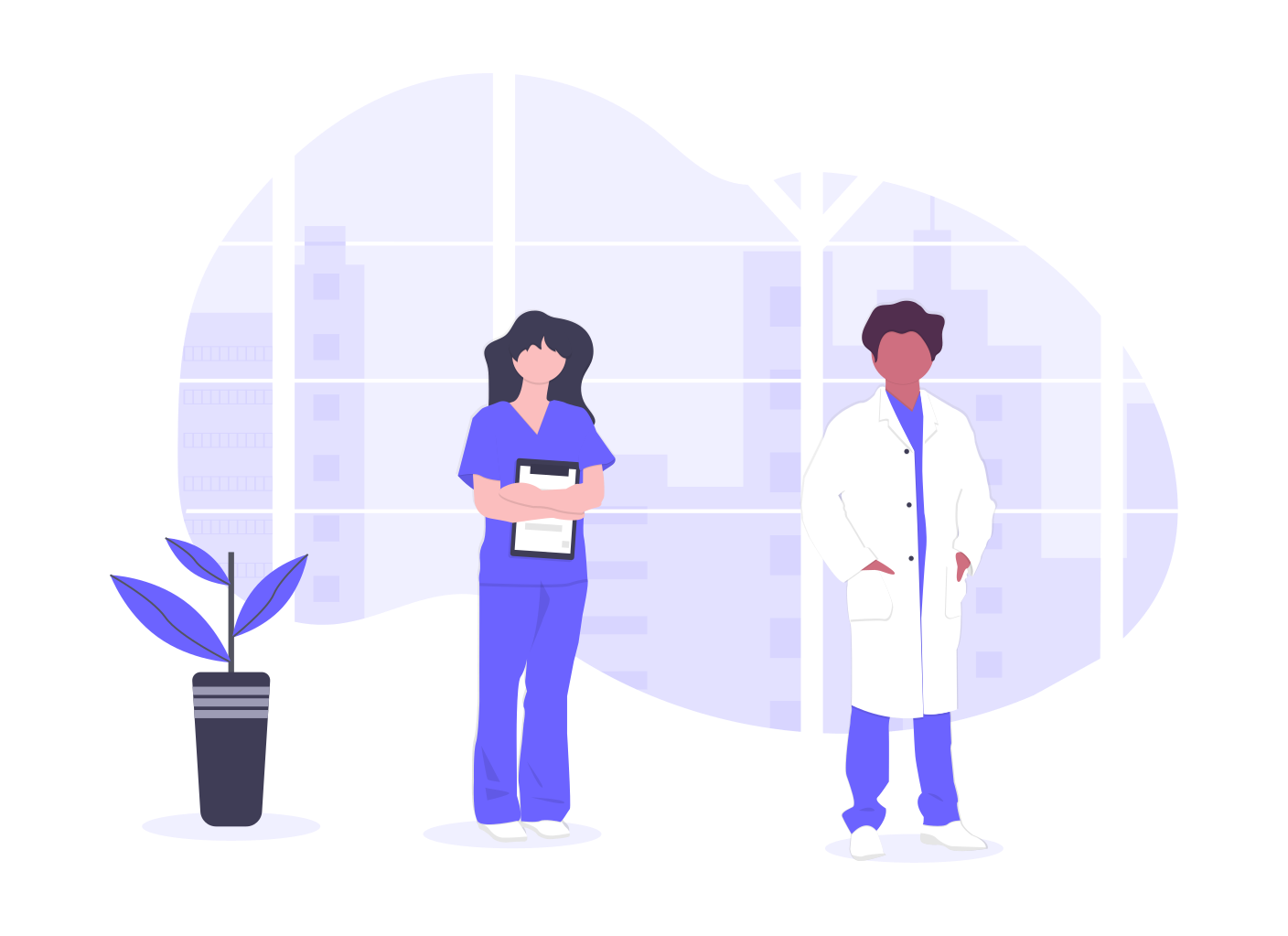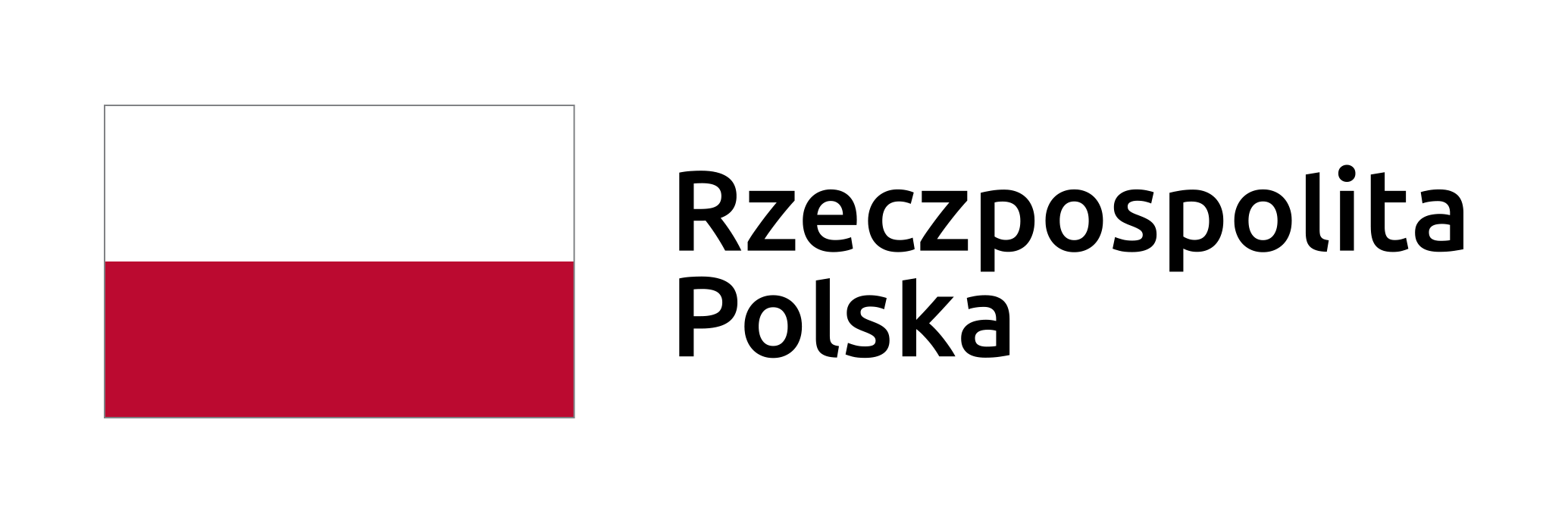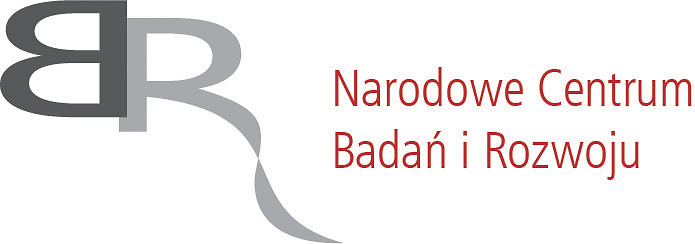Reseach project: LSI
Project
Przedmiotem niniejszego projektu są prace badawczo-rozwojowe nad opracowaniem wersji rozwiązania która będzie w stanie sprostać wymogom certyfikacyjnym dla wyrobu medycznego klasy IIa.
Podstawowym zastosowaniem wyrobu medycznego będzie diagnostyka Zaburzeń Oddychania Podczas Snu oraz schorzeń kardiologicznych.
Opisane prace badawczo-rozwojowe obejmują uzyskanie minimalnych funkcjonalności wymaganych przez klientów, badania laboratoryjne a także certyfikację wyrobu medycznego na rynki EU.

Project goals
The aim of the project is to create a medical device consisting of a certified (CE) Recorder, a mobile application WEB application realizing the following functionalities:
- Recording bio-medical signals from the patient’s body: ECG, SpO2, chest bioimpedance, respiratory movements, microphone, position sensor, nasal airflow;
- Transmission of the collected signals from the recorder to a mobile application;
- Transmission of signals from mobile application to WEB application
Viewing of recorded biosignals in the form of a synchronized time series graph; biosignals viewing allows scrolling in time, scaling in time and amplitude, filtering, simple transformations on the signal; - Signal annotation by a specialist: expert marks clinically relevant events on the graph, markers as point events, blocks, events by channel or timeline only;
- Automatic assessment of the consistency of annotations entered by experts based on studies described by multiple experts.
- Manage access to examinations by annotators.
Work on the development of the AIDMED Recorder design will be carried out, in particular on miniaturization of the device and optimization of its casing, optimization of firmware in terms of Efficiency and implementation of Bluetooth 5.0. The result of the work will be a much better device in relation to the existing AIDMED Recorder type. At the end of the project, it is planned to carry out a certification of the whole as a medical device.
The second element of the project will be also the creation of methods for doctors to determine clinically relevant biomedical signals collected by the AIDMED Recorder (ECG recording and polysomnography: ECG, SpO2, chest bioimpedance, respiratory movements, microphone, position sensor, airflow through the nose).
This system can be used in the future to build a solution based on machine learning methods supporting the doctor in the analysis of ECG and polysomnographic records. The key effect that will be obtained here will be the ability to highly scale the annotation of biomedical signals and, on this basis, build collections of structured medical data. The lack of such sets is currently a serious problem in building AI algorithms for medicine.




